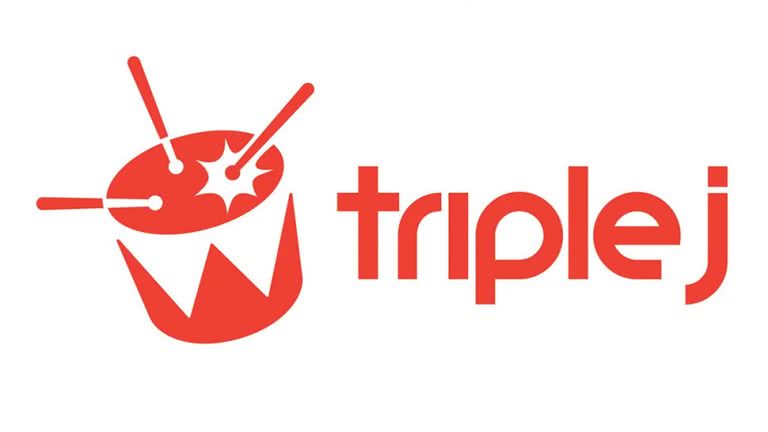Musician Guthrie has shared some revealing stats on the average age of artists played on triple j following the recent ageism controversy.
ICYMI, triple j took to Twitter earlier this week to write: “did it hurt? when you aged out of the youth radio station.”
While the tweet appeared to be a dig at listeners who have aged out of the radio station’s target demographic, many commenters have argued that it is actually indicative of ageism within the Australian music industry.
“Thanks Triple J, the “Maybe your sound would be better suited to Double J” email was so great at 25. played once on the main station since then,” wrote artist Jack Colwell.
Meanwhile, sound engineer and producer Jono Steer added that the tweet was “sadistic” given that “many 30yo+ (particularly non male) artists who are making the best work of their careers are shuffled straight to Double J.”
Now, Guthrie has taken to Instagram to share the results of her research into the demographics of the artists behind the top 50 most played songs of the week on triple j.
According to Guthrie’s findings, the average age for female artists who were played the most on the station over the last week was 25.55, while the average age for males was 29.75.
Love Indie?
Get the latest Indie news, features, updates and giveaways straight to your inbox Learn more
Guthrie also found that the average age for culturally and linguistically diverse and First Nations identifying artists was 25.4, and the average age for all other artists was 27.6.
On top of that, she looked into the statistics surrounding the age of presenters at the triple j, finding that the average age of female presenters was 28.33, while the average age for males was 38.4.
She noted that her research was based on Google searches and may not take into account artists’ true gender identities or culturally and linguistically diverse backgrounds.
View this post on Instagram
Guthrie also included the link to a spreadsheet that provides a more detailed breakdown of the demographics of the station’s most played artists.
She continued on to explain that she was inspired to conduct the research based on “feeling pretty yuck about [triple j’s] recent tweet and the attitude it represents.”
“I wanted to see whether my feelings about the intersection between ageism and sexism was reflected in the data just for your top 50 most played tracks this week and here’s some stuff I found,” she said.
She continued: “This sentiment [of the tweet] is a real kick in the guts of a group of people already in crisis… and for the people we’re trying to connect with who listen to music to get through difficult times, putting up an age barrier isn’t helpful.”
“It’s been a long time since we’ve been able to connect fully as a community, and that time passing does hurt. But it hurts some people in different ways to others. Ignoring this intersectionality perpetuates discrimination at an already difficult time.”
“Artists need to be supported and acknowledged for creating and surviving through this time, not taken down a peg,” she concluded.
For more on this topic, check out the Indie Observer.
Check out ‘Queenstown’ by Guthrie:




































